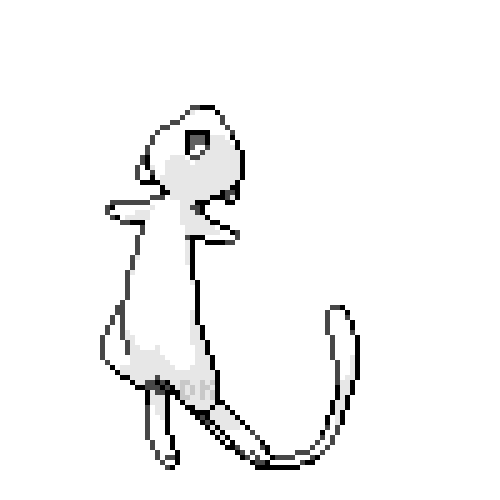My corner internet is a little less fucked.
Emphasis on a little less fucked. I still have Gmail and Drive. I check Instagram constantly. I have an easy time creating content for networks I hate and a hard time creating content for networks I like.
Now that I’ve gotten rid of a few apps, I know I can make a change when I force myself to. I think it’s time to take stock of what’s on my phone (and maybe throw a few web apps in there) and figure out which apps make my life better, which apps I use when I want to, and which apps are just using me.
So, I am going to make a tier list. For this first attempt, I will only consider how good the apps are for my life.
In the future, I will consider their privacy policy, but for now, baby steps. As I’ve said before, this process is going to take a while. I will make an exception to this rule for some Meta and Google products. I can’t use them and feel good knowing how little I trust the parent company with my data.
If you don’t see your favourite app, don’t get mad. I just don’t use that app.
The basic requirements for this list are:
- Do I feel better after using the app?
- Do I use the app when I want to use it?
- Does using the app make me better, smarter, and more capable?
- If it’s a social app, do I have a community there?
*2025 updates in slime green
s-tier apps
These apps are only good for me. Without them, I would be lost. I use them every day.
- Notion
- Focusmate
- Find My
- Screen Time
- Duolingo
- Signal
- 1Password
- iCal
- iPod/mp3s
- Grammarly
- Authy
- iMessage
- Apple Maps
- GitHub
- VSCode
- Habitkit
- Apple Reminders
- AppBlock *upgraded to s-tier
a-tier apps
These apps are always good for me with an asterisk. Mostly, I don’t just can’t force myself to use them as much as I want to/should. These apps can stay for now.
one sec (I might get a promotion to S-tier soon)*replaced with appblock- Discord
- Strava
RidewithGPS*still kinda use this, but only seasonally for bikecamping – seasonally unsubbed.- Bandcamp
Mastodon*fell off- Mozilla VPN
Headspace*replaced with happier- VPL (Vancouver Public Library)
Firefox*replaced with zen (built w/ firefox)- Weather
Apptiv*replaced w/ runs and blogs- Wikipedia
VLC*replaced with plexBrave*fell off- Bandcamp
- Plex
b-tier apps
These apps usually make me feel good but don’t really add real value to my life. Often just they are fun or serve a particular neutral purpose. Not too distracting.
Some, like Tumblr, are just entertaining and show me things I like. Others like GitHub Copilot, I just don’t fully trust the tech behind it ~shifty eyes~.
- Tumblr
- Pocketcasts
DuckDuckGo*replaced with ecosiaFeedly*fell off- Tachimanga
- GitHub Copilot
c-tier apps
These apps can be fun or helpful, but I am either using them too much, or they are using me. Chances are, they are showing me content to make me angry. They likely have one or two redeeming features that are keeping them on my phone or daily visit list. They are candidates for guillotine if they step out of line or a better option comes along.
For some, I either feel neutral or worse after using them.
Netflix*unsubbed, and kinda replaced w/ plex- YouTube
- Etsy
d-tier apps
I only use these apps because other people I connect with do, and it’s simply a numbers thing. I don’t trust these apps or the companies that run them, and I am actively trying to reduce their effect on my life (or hoping to remove them in the future)
Or, I have been using them for so long that it’s going to be a real long process to leave them.
It might not be that the service is bad (aka Google products). I just may have a real distrust of the parent company.
- Gmail
Google Search*replaced with ecosiaGoogle Drive*replaced with icloudGoogle Home*replaced with icloudGoogle Docs*replaced with icloud
f(ucked)-tier apps
These apps and sites need to go. No argument is strong enough to keep using them any longer. Either they are terrible for me, or I don’t want them to have the data they have.
Google Photos*replaced with icloudMy Amazon account (Prime’s already gone)*ded and deletedWebMD, NHI, etc. (I have Illness Anxiety Disorder)*blocked and almostly completely stopped self-checking
That’s it for now, I’ll keep editing this as I go.
